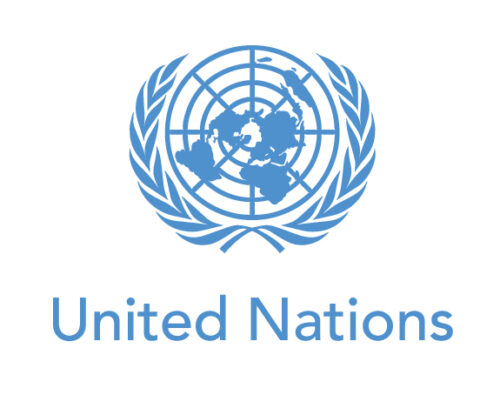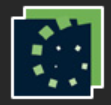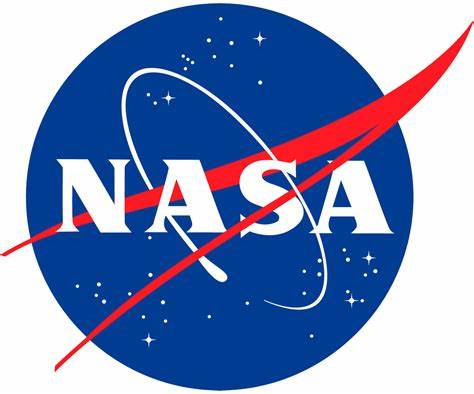Excerpted from a summary authored by the World Water Quality Alliance in their Yemaya Newsletter (September 2024 edition):
On August 28-30, 2024, the University of Stirling, in collaboration with the World Water Quality Alliance(WWQA) and GEO AquaWatch, organized a workshop titled “ Unlocking the Global Benefits of Water Quality Monitoring through Earth Observation.” The hackathon-style workshop convened over 40 participants from across the globe spanning academia, the private sector, and practitioners to explore how Earth Observation (EO) can enhance water quality monitoring. Through a series of tools presented by Scotland’s HydroNation Chair, participants were encouraged to escape their daily “mental valleys” to arrive at innovative and actionable concepts that can unlock the benefits of this promising technology for more people, communities, and places. enabling intense collaboration and creativity among participants.
- The workshop attracted global experts who shared user stories, challenges, and solutions in water quality monitoring via Earth Observation. There was a keen interest and engagement in advancing EO technologies for water quality assessment and this was seen as a technology with high potential to contribute to water quality monitoring in countries and nations, especially to address the immense water quality data gap evidenced in the latest SDG indicator 6.3.2 progress report, which was released on the day the workshop started.
- Participants engaged in various ‘sprint’ creative thinking sessions, focusing on creative solutions and concept development. The ideation process continues after the workshop through the full fledged development of ideas gathered by participants which can feed into further products advocating for the increased use of EO for Sustainable Development Goal 6.3.2.
- Participants agreed that while this is an immensely promising technology due to the existing satellite systems (for instance, the EU’s Copernicus Sentinel 2-satellites) that are collecting data and imagery from outer space while we speak, much still needs to be done to unlock the full potential of Earth Observation. It is important to stress that Earth Observation will not replace the need for in-situ data on water quality – in-situ data is vital a data source that can only help necessary calibration and validation of Earth Observation data to make it more reliable. Furthermore, raising awareness is needed at the country-level, especially within low and middle-income countries, about the potential of Earth Observation for water quality monitoring.
Participants voiced a desire for an ongoing community to sustain and expand the work initiated at Stirling. The workshop organizers aim for all the ideas generated at the workshop to be compiled and built upon as part of the next steps including raising awareness on the potential of Earth Observation and an exploration of priorities related to training and capacity building to facilitate uptake of EO data for water quality. If you are a professional working in the field of Earth Observation please get in touch with GEO AquaWatch’s Early Career Society vice chair Harriet Wilson (UStirling) to join the WWQA’s Earth Observation workstream!







